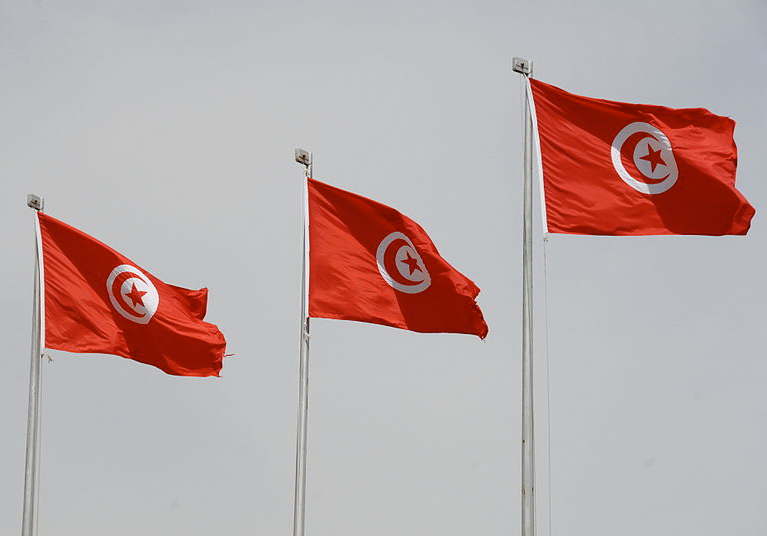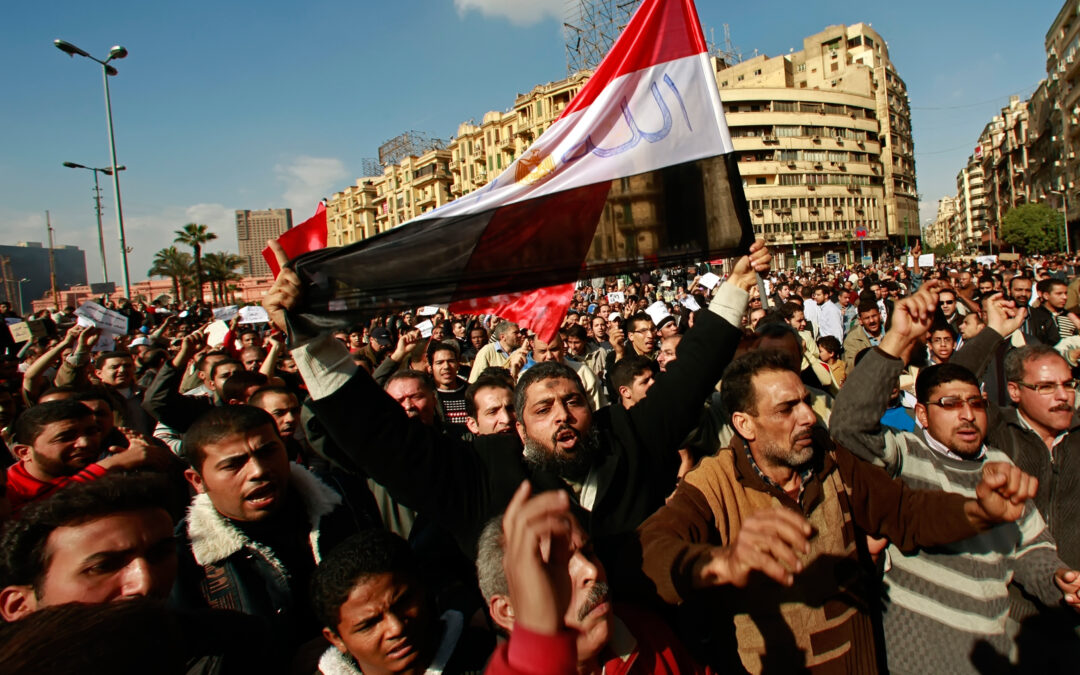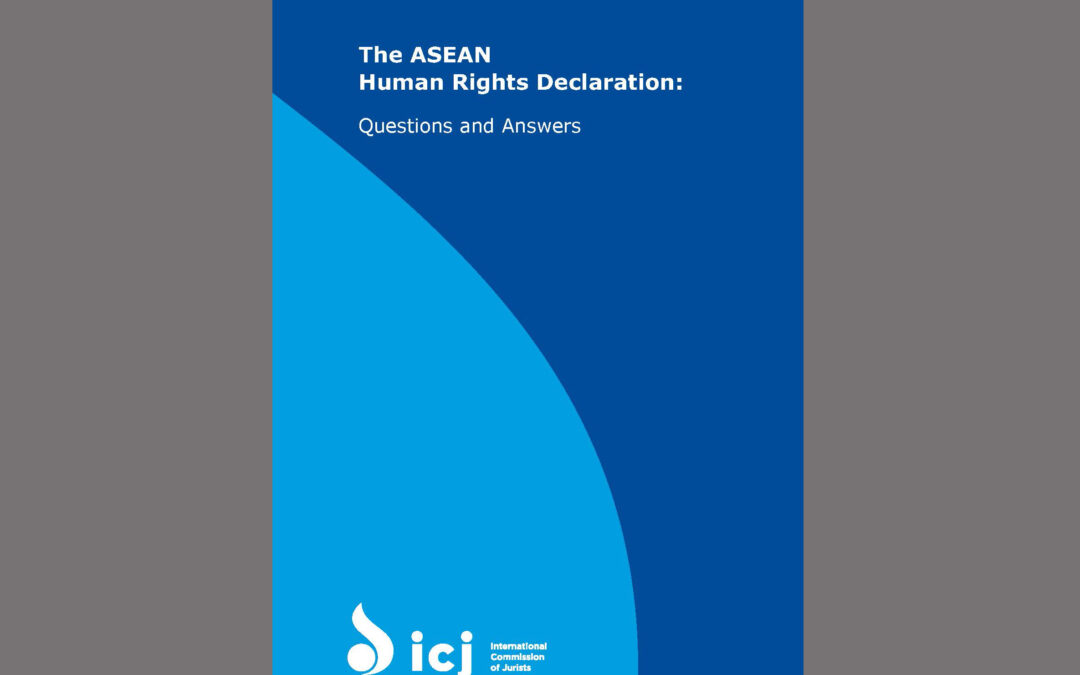
Feb 3, 2014
The ICJ, together with Amnesty International, has responded to a Council of Europe consultation on the long-term future of the European Convention on Human Rights and European Court of Human Rights system.
In their response, the ICJ and Amnesty International stress that the guiding principles in any new reforms of the Convention system must be that they serve to enhance the protection of human rights, and in particular to ensure better implementation of the Convention at national level; that they enhance access of individuals to justice for violations of the full range of Convention rights; that that they ensure more effective reparation for violation of the rights guaranteed under the Convention. The success of the Convention system in the long-term requires:
- respect by all Member States for the Convention institutions, and acknowledgment of the shared responsibility for the protection of Convention rights;
- enhanced national implementation of the Convention, including by states bringing their law and policy into line with judgments of the Court regarding other Member States;
- adequate powers and jurisdiction of the Court to ensure consistency in standards, and to ensure effective protection to individuals, preserving the system of individual petition in its current form;
- measures to address systemic human rights problems leading to numerous similar applications to the Court;
- further reforms to execution of judgments and supervision of execution procedures, in particular for systemic violations, making Article 46(4) operational and giving further consideration to financial penalties.
Europe-long-term future of EU Convention-advocay-position paper-2014 (full text in pdf)

Jan 31, 2014
In a position paper published today, the ICJ assesses the conformity of key provisions of the new Constitution with international law and standards.
On 26 January 2014, three years after the ouster of President Ben Ali, the Tunisian National Constituent Assembly voted for the new Constitution.
The ICJ believes that the adopted Constitution is the product of a representative and inclusive process.
The Constitution provides for better guarantees for upholding the rule of law and protecting human rights.
It expands on the rights provided for by the 1959 Constitution and establishes a more balanced separation of powers.
Nevertheless, in certain key respects, the Constitution falls short of international law and standards.
The ICJ recommends that the Tunisian authorities take into account the deficiencies in the Constitution highlighted in this paper when enacting legislation to implement constitutional provisions and defining public policy.
Tunisia-New Constitution assessment by ICJ-Advocay-Position Paper 2014 (full text in pdf)

Jan 13, 2014
The ICJ today asserted that the draft Constitution to be voted on in a referendum on Tuesday and Wednesday is highly flawed and should be modified if it is to serve as a suitable basis for upholding the rule of law in a democratic Egypt.
The referendum campaign has taken place within a context of fear, intimidation, and repression, calling into question the fairness of the entire process, the ICJ says.
The deficiencies are manifested in the content of a number of the draft Constitution’s provisions and the procedure under which the draft was elaborated, which are incompatible with rule of law principles and international human rights standards, the Geneva-based organization adds.
If the draft Constitution is to be approved, the next elected House of Representatives should remedy these deficiencies by amending the Constitution and initiating legal and policy reforms in line with international standards.
In a position paper published today, the ICJ details how the process of adopting a new Constitution in Egypt contravenes basic principles of inclusive participation, representation, and transparency.
It says the manner of selection and the criteria upon which the members of the expert committee and the committee of 50 were chosen lacked any semblance of democratic legitimacy and representation.
The ICJ is also concerned that the draft Constitution resulting from this procedure reproduces most of the provisions and omissions of Egypt’s past Constitutions, and therefore does not serve as an appropriate foundation on which the rule of law can be established.
The draft Constitution would continue to shield the armed forces from accountability and civilian oversight, would not limit the jurisdiction of military courts to try civilians, provides few guarantees for judicial independence, and would subject various rights and freedoms to “the regulations of the law.”
The ICJ is concerned that such “regulations” might have the potential to erode the very essence of these rights.
For example, while Article 73 of the draft Constitution guarantees the right to freedom of assembly, Law 107 of year 2013 gives the authorities wide powers to ban public meetings and peaceful demonstrations if deemed a “threat to public order”.
The law also empowers the security services to forcibly disperse peaceful protests, including by using lethal force even when it is not strictly necessary to protect lives.
“The current constitution-making process resembles the muddled and highly flawed processes of 2011 and 2012 and is yet another missed opportunity to break with the practices of the past,” said Said Benarbia, Director of ICJ’s Middle East & North Africa Programme. “The Egyptian authorities should undertake a legitimate and participatory process to amend the draft Constitution to ensure its full compliance with international standards, including those guaranteeing independence of the judiciary, ensuring the accountability of the armed forces and their subordination to legitimate civilian authorities, and recognizing universally accepted human rights.”
Contact:
Said Benarbia, Director, ICJ Middle East and North Africa Programme, t: + 41 22 979 38 17, e-mail: said.benarbia(a)icj.org
Egypt-PolicyPaper new Constitution-advocacy-2014 (download position paper in pdf)
Photo: Carolyn Cole/Los Angeles Times/MCT

Sep 9, 2013
The ICJ, together with other NGOs, has issued a paper on the principles to be respected in the EU’s internal rules for its accession to the ECHR.
The AIRE centre, Amnesty International and the International Commission of Jurists have provided the Council Working Party on Fundamental Rights and Free Movement of Persons (FREMP) with a summary of its views on the development of the internal rules the European Union on accession to the European Convention on Human Rights (ECHR). The paper outlines the principles which must be respected, and the key issued which must be addressed, in the development of the internal rules, and stresses the importance of the rules to ensuring effective human rights protection under the EU Accession Agreement.
EuropeanUnion-AccessionECHR-Statement-2013 (Read the paper)
EUAccessionECHR-Paper-Joint-2013 (Read the 2013 joint paper on EU accession)
CoE-EUaccessionECHR-NGOsubmissions-2012 (Read the 2012 joint paper on EU accession)
CoE-EU-DraftAccessionAgreement-2013 (Read the draft accession agreement)








